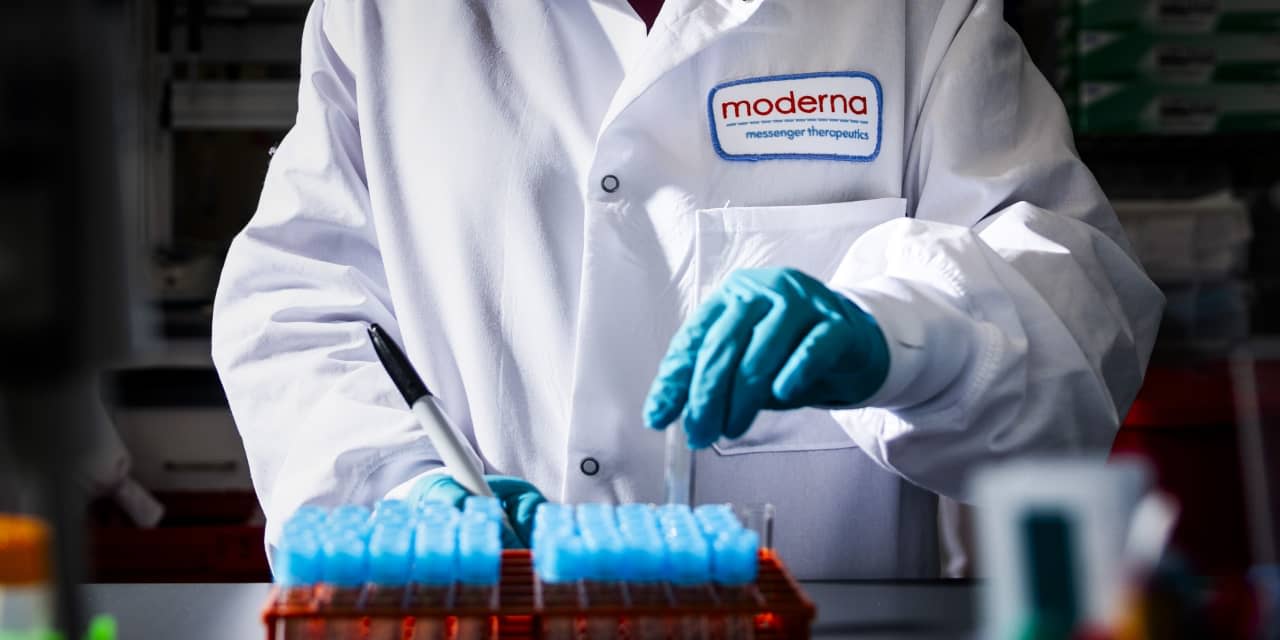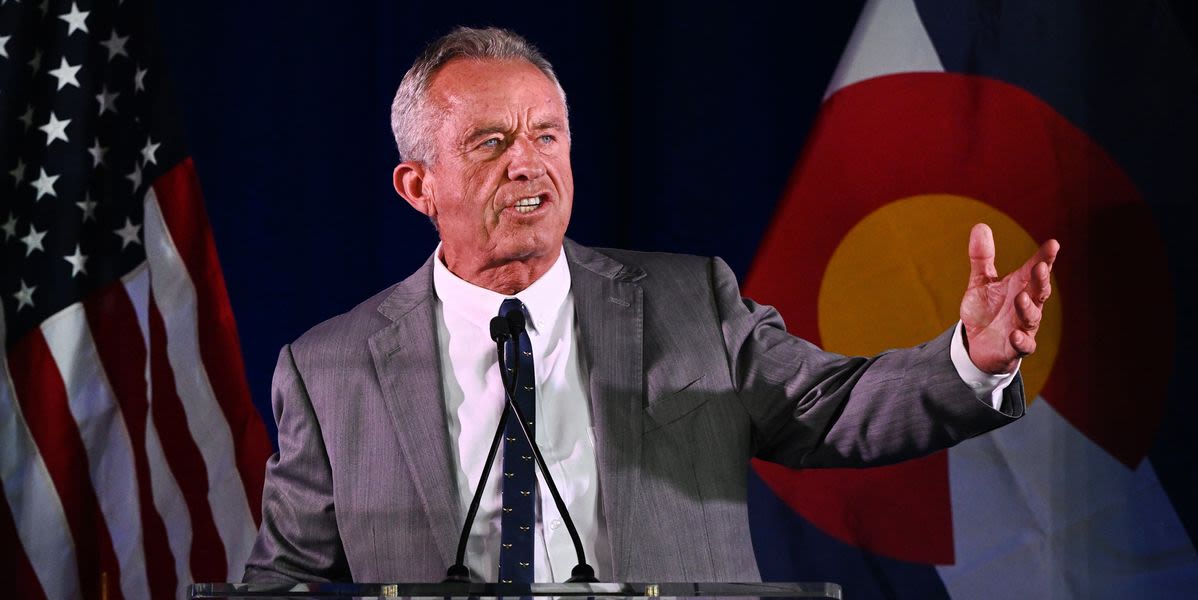Search results
View All Answers. The Pfizer-BioNTech Covid-19 vaccine demonstrated 52 percent efficacy in protecting against disease after the first dose, according to the clinical trial data. The Moderna vaccine demonstrated 80.2 percent efficacy after the first dose. To maximize the protection from these vaccines, it is….
- Who Can Be Vaccinated?
- Can Children and Adolescents Take The Vaccine?
- Is It Safe?
- How Efficacious Is The Vaccine?
- What’s The Recommended Dosage?
- Is A Booster Dose Recommended For This Vaccine?
- Can This Vaccine Be ‘Mixed and Matched’ with Other Vaccines?
- Does It Prevent Infection and Transmission?
- Does It Work Against New Variants?
- How Does This Vaccine Compare to Other Covid-19 Vaccines Already in use?
Should pregnant and breastfeeding women be vaccinated? Given the adverse consequences of COVID-19 during pregnancy and the increasing data supporting a favorable safety profile of mRNA-1273 in pregnancy, WHO recommends the use of mRNA-1273 in pregnant individuals. WHO does not recommend pregnancy testing prior to vaccination. WHO does not recommend...
This vaccine is authorized for use for those aged 6 months and above, with an adjustment in the recommended dosage in those aged 6 months – 4 years, and those aged 5-11 years. WHO recommends that countries should consider using the vaccine in children aged 6 months to 17 years only when high vaccine coverage with 2 doses has been achieved in the hi...
On 30 April 2021, WHO listed the Moderna vaccine for emergency use. WHO’s Emergency Use Listing (EUL) assesses the quality, safety and efficacy of COVID-19 vaccines and is a prerequisite for COVAX Facility vaccine supply. TheGlobal Advisory Committee on Vaccine Safety, a group of experts that provides independent and authoritative guidance to the W...
The Moderna vaccine after two doses and a first booster dose has been shown to have very high effectiveness against severe disease, hospitalizations and death, and modest effectiveness against symptomatic illness.
For adults aged 17 and above, SAGE recommends the use of the Moderna mRNA-1273 vaccine at a schedule of two doses (100 µg, 0.5 ml each) 8 weeks apart. For adolescents aged 12 to 17 years, SAGE recommends 2 doses (100 µg, 0.5 ml each), given intramuscularly, 4 weeks apart. For children aged 6 to 11 years, SAGE recommends 2 doses (50µg in 0.25 ml eac...
The first booster dose is recommended for the highest priority-use groups (e.g. older adults, persons with moderate to severe immunocompromising conditions, and health workers), 4-6 months after the completion of the primary series. If more than 6 months have elapsed since completion of the primary series, the booster dose should be given at the ea...
SAGE accepts two heterologous doses of WHO EUL COVID-19 vaccines as a complete primary series. For countries considering heterologous schedules, (e.g. using different COVID-19 vaccine platforms), WHO has made the following recommendations: 1. Either of the WHO EUL COVID-19 vectored vaccine (Janssen or AstraZeneca Vaxzervia/COVISHIELD) can be used a...
There is only modest impact on preventing mild infections and transmission, particularly in the context of Omicron. Immunity persists for several months, but the full duration is not yet known. A booster dose restores vaccine effectiveness against Omicron, in particular against severe disease. In the meantime, we must maintain public health measure...
The vaccine remains effective against virus variants, though for the Omicron variant, vaccine effectiveness against severe and mild disease after two doses is lower compared to Delta, and waning is more rapid. Therefore, a third dose (first booster) is recommended for all adults, and a second booster for the highest priority-use groups.
It is impossible to compare vaccines head-to-head due to the different approaches taken in designing the respective studies, but overall, all of the vaccines that have achieved WHO Emergency Use Listing are highly effective in preventing severe disease and hospitalization due to COVID-19. This webpage was updated on 18 August 2022 to reflect the la...
News about COVID-19, BCG vaccine, vaccines
News about Moderna, U.S. government, bird flu
Also in the news
Jan 15, 2021 · According to a document the company submitted to the FDA, the Moderna vaccine can provide 80.2% protection after one dose, compared to 95.6% after the second (in people aged 18 to 65 – it's 86.4...
The Moderna COVID-19 Vaccine and SPIKEVAX (COVID-19 Vaccine, mRNA) may not protect everyone. This Fact Sheet may have been updated. For the most recent Fact Sheet, please visit. www.modernatx.com ...
Mar 19, 2021 · Importantly, researchers calculated that protection from hospitalization or death from delta after even a single dose was 78% for Pfizer and 96% for Moderna. Am I protected? You are well...
- William Petri
May 1, 2024 · Factors that can affect how well you're protected after a vaccine can include your age, if you've had COVID-19 before or if you have medical conditions such as cancer. How well a COVID-19 vaccine protects you also depends on timing, such as when you got the shot.
Oct 4, 2023 · Safety. What are the risks of getting a COVID-19 vaccine? What are the ingredients in COVID-19 vaccines? Are COVID-19 vaccines safe even though the vaccines were developed rapidly? Benefits. Why should I get vaccinated if I might get COVID-19 anyway? After Your Vaccine. How can I get a new CDC COVID-19 Vaccination card?



